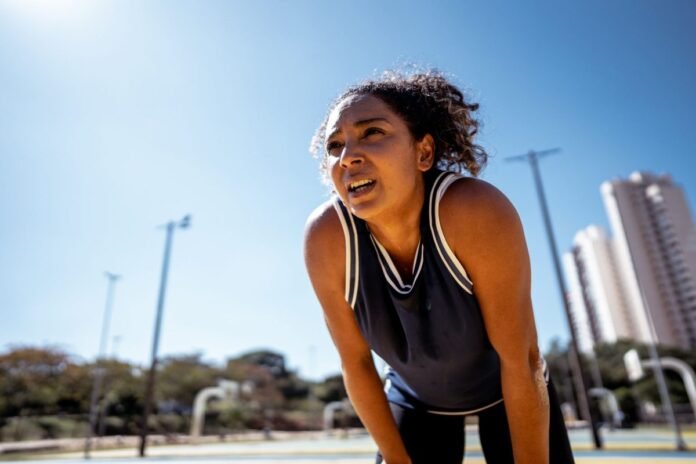You don’t need a scientist to tell you that hangovers are bad. Too much alcohol often leads to headaches, nausea and fatigue, and a body-wide wave of inflammation.
This, of course, is to say nothing of the long-term health risks of alcohol consumption. So, given the bitter toll they exact on us, it’s amazing how little research has been done on hangovers.
“I did a PubMed search for ‘hangover’ and I think it came up with around 600 articles since 1945,” says Prof J Leigh Leasure, referring to the open-access database of biomedical and life science research. “Which means that there’s, like, nothing on this topic. It’s stunning.”
Leasure, a neuroscientist who studies the effects of alcohol at the University of Houston, is one of the researchers trying to improve our understanding of this hazy state.
She notes there’s more anecdotal than clinical evidence about hangovers, so it’s not researchers, but sufferers who have brewed up many so-called hangover cures, from eggs and bacon to electrolytes, vitamin cocktails and caffeine drips.
Sweating out a hangover with high-intensity exercise
Others, however, chose to attack them with high-intensity exercise. Some go running, others do spin or kettlebell classes.
Whatever the workout, the intention is the same: they use the morning after to sweat out the ‘poison’ of the night before.
“Anecdotally, people do seem to swear by sweating them out,” Leasure says.
In 2024, she and her colleagues published the first study that looked into whether exercise truly could stop a hangover. Published in the journal Addictive Behaviors, the team engaged some 1,600 university students who had endured at least one hangover in the previous three months.
The students then completed questionnaires about their alcohol consumption and activity levels, plus hangover frequency and severity.
Some of the findings were unsurprising: people who drank the most got the most (and the worst) hangovers.
But researchers also found that the students who engaged in vigorous exercise during the three-month window also suffered fewer hangovers than people who did less exercise. Not only that, the hangovers they did experience were reportedly less severe.
It’s important to note that this was retrospective research. Students weren’t getting drunk and then doing treadmill sprints in laboratory settings, so there’s room for interpretation in the results.
The study also suggests that vigorous exercise in general – not necessarily in the immediate fog of a hangover – is what protects you from the worst effects.
Read more:
From extra endorphins to less inflammation
Even so, there are reasons to think that a post-grog workout is good, too. The endorphins produced by prolonged exercise are natural painkillers, which means they might dispatch your headache – but only if you’re working hard enough.
Research shows that high-intensity exercise is more effective at triggering endorphins than easy-going sessions.
Another possibility is that exercise is anti-inflammatory, Leasure says.
“One of the big ideas is that alcohol – especially a lot of alcohol in a short period of time – increases inflammation. And exercise has the opposite effect.”
Research shows that the more you exercise, the less likely you are to have chronic inflammation. A 2023 Harvard study found that one mechanism is the release of regulatory T-cells, which dampen the body’s inflammatory responses.
Older research suggests that as little as 20 minutes of moderate exercise can be enough to trigger an anti-inflammatory fightback.
Don’t expect to break any personal bests on your morning-after run, however. Exercise might be good for hangovers, but hangovers aren’t good for exercise, Leasure says.
“As you might imagine, a hangover doesn’t exactly enhance performance. Research suggests that a hangover makes your physical activity a little more difficult.”

There was another surprising finding from Leasure’s study.
“There’s a growing and substantial literature on the link between exercising and alcohol consumption,” she says. “People who are physically active also drink, which seems a little bit counterintuitive.”
One theory Leasure and her colleagues have is that some of us have a debit-and-credit approach to health. If we engage in an unhealthy behaviour, like drinking alcohol, we’ll try to make up for it with something healthy, like mauling ourselves on a spin bike come Sunday morning.
Still, if this study is anything to go by, you’ll be feeling yourself in no time.
About our expert
Prof J Leigh Leasure is a neuroscientist and associate professor in the department of biology and biochemistry who studies the effects of alcohol at the University of Houston, in the US. She is published in various scientific journals including Alcohol, Neuroplasticity and Alcoholism: Clinical & Experimental Research.
Read more:






